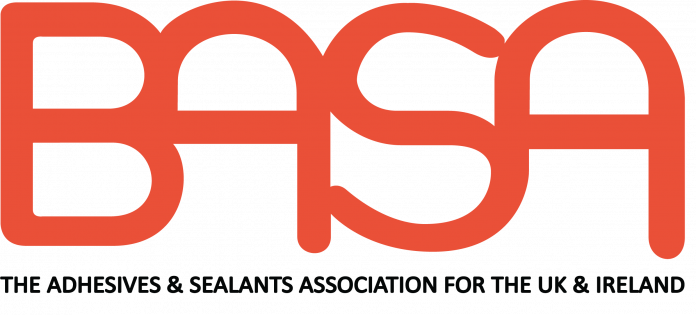The Health and Safety Executive (HSE) launched a public consultation from 23 June to 18 August 2025 on its Chemicals Legislative Reform Proposals, covering three key UK regimes: GB CLP, GB BPR (Biocidal Products Regulation), and GB PIC (Prior Informed Consent).
Under the GB CLP regime, HSE proposes several reforms to streamline and modernise the framework:
- Consolidate mandatory classification procedures—merging Articles 37 and 37A into a single, more agile process with a fast-track route for UN GHS‑based classifications—aiming to reduce evaluation timelines by approximately one year
- Delink from ECHA’s RAC Opinions, removing the automatic duty to consider all such opinions while retaining the ability to review relevant ones when needed
- Remove the GB CLP notification database and notification duties, thereby reducing administrative burdens for duty holders and the regulator itself
- Relocate explanatory notes—shifting them from Annex VI into the HSE website, enabling easier, more dynamic updates to the GB Mandatory Classification and Labelling (GB MCL) List
- Introduce legislative powers for general updates, granting HSE flexibility to implement future changes via secondary legislation quickly, enhancing responsiveness to scientific, technological, or political shifts
These proposals are part of a broader regulatory reform agenda intended to reduce compliance costs for businesses, without diluting current levels of protection for workers, the public, or the environment. They also advance the Government’s commitment to “ensuring regulators and regulation support growth” within its Regulatory Action Plan. HSE reaffirmed that simplification will not equate to reduced safety and BASA supports this approach because it enhances regulatory agility, reduces unnecessary burdens on industry, and maintains robust health and environmental protections.
Why these CLP reforms matter
- Efficiency Gains: Merging classification procedures and reducing notification requirements will reduce duplication, accelerate adoption, and lower costs for businesses.
- Greater Agility: Hosting explanatory notes online and enabling legislative updates via statutory instruments allows swift adaptation to new data or international changes.
- Maintained Protections: The intent is unequivocally to maintain health, safety, and environmental safeguards even as the system becomes more business-friendly.
BASA is the UK’s independent voice for the £1.7 billion adhesives and sealants sector in the UK and Ireland, representing members through advocacy, technical guidance, and networking. As the Adhesives and Sealants Association, we champion innovation, compliance, and sustainability while supporting business growth and strengthening industry standards. Visit us at www.basa.uk.com









